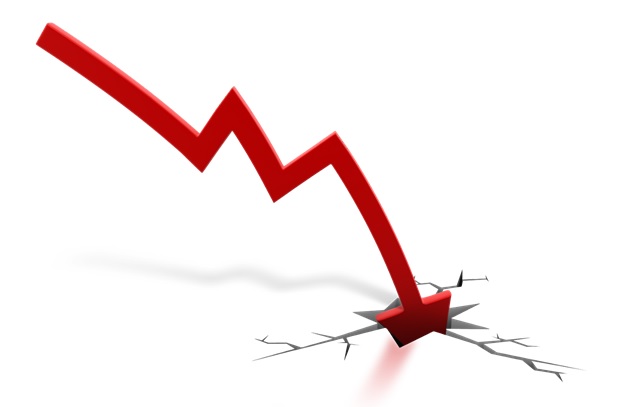What to do in a falling market?

In the last 10 days, Indian markets has fallen about 8% and the sharpest fall amongst these days was yesterday i.e. 26th Nov’21.
The fall was lead by aggressive selling by foreign institution amid steep valuation and better opportunity in other overseas markets like China. After the news of new variant of Covid 19 hit the markets, it went jittery and fell almost 3% in a single day.
These types of falls are more common than they appear to be, since 1979 when sensex was launched, out of 41 years, 37 years have witnessed a correction of 10% or more. This shows that these kinds of falls are part of the game and temporary. Despite falls like these the markets have delivered CAGR of ~15% over long term horizons.
Surely in these kind of markets the sentiment of a new investors is very low and are very apprehensive to invest more and some also plans to exit the market by booking the current profit. However, historically it has been seen that you never get the good news and good price at the same time. What it translates to is that when there are bad news or uncertainty in the market, one can get a good price or entry point to buy funds/shares because when the general sentiments are high, more often than not the prices of the stock are high as well.
Following are some pointers that investors should follow in a falling market
#1 Continue the discipline of regular investments One of the best way to deal with market volatility is to invest regularly so that the magic of rupee cost averaging via SIP works for you, since it arithmetically accumulates more units at bottom and less at top, the net buy average goes in the favour of the investor.
A seasoned investor would certainly be happy to see such corrections in the market since they’re in their accumulation phase and less price means more units to accumulate. This can be further enhanced by following the asset allocation which beings us to the next point.
#2 Asset Allocation Rather than trying to time the market, one must always focus on their asset allocation which is a function of their financial goals, risk tolerance and market valuations. A regular rebalancing will always make good entry points for equity market and also exit partially when the valuations are expensive. It makes overall portfolio much more stable and so is the investor sentiment during these unprecented phases.
#3 Avoid concentrated bets When market in general has corrected and valuations are more attractive, its better to invest in mutual funds which are more diversified rather than investing in concentrated stocks which may take more time to rebound than the market. Although stocks with high beta which are not from the sector most vulnerable to the trigger leading the correction can be bought at this stage.
Stock specific / concentrated bets can be taken when market in general is fair to expensive with some pockets looking cheap/fair to buy.
To conclude, these type of falls have proven to be a good buying opportunity in the past and hence a disciplined approach of SIP along with prudent asset allocation strategy and long term vision of investment is the receipe for a portfolio with a good and well balanced returns.
